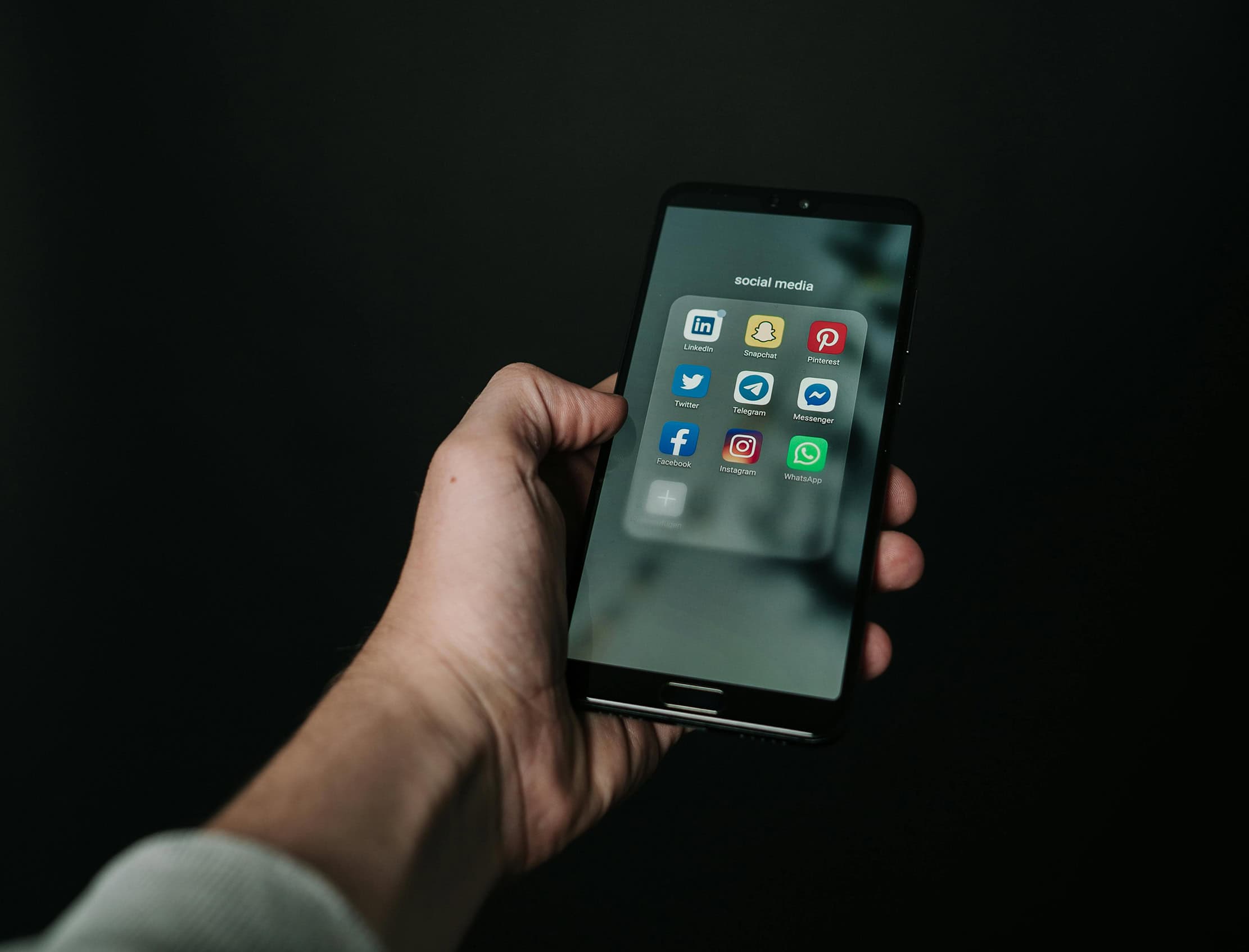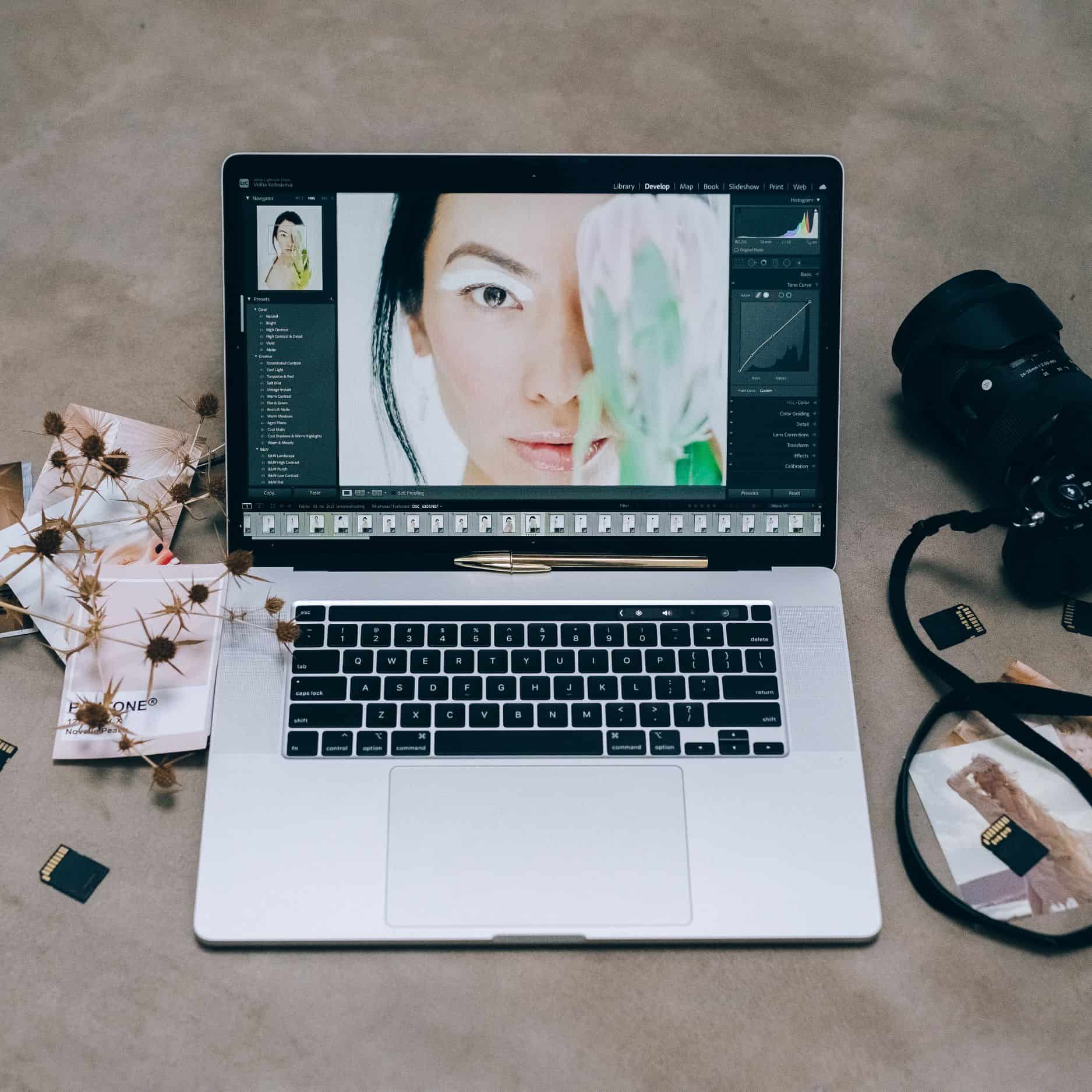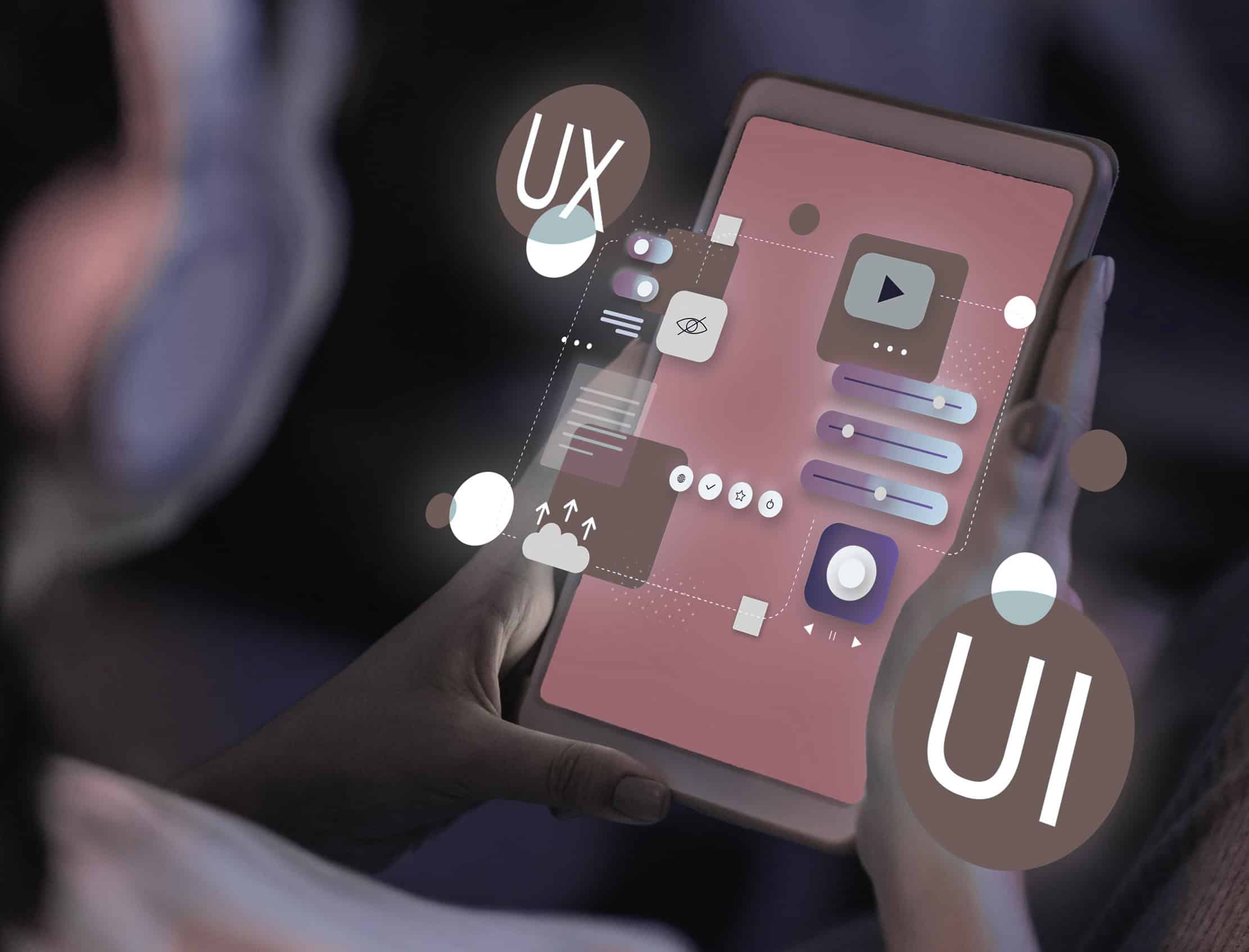The Influence of Social Media on Mental Health: A Double-Edged Sword
Jul 3, 2024
Social Media
Social media has become an integral part of modern life, offering unprecedented opportunities for connection, communication, and creativity. With just a few taps, we can interact with people from around the world, share our thoughts, and stay updated with the latest trends. However, while the benefits of social media are evident, its impact on mental health presents a more complex picture. This article delves into the dual nature of social media’s influence—highlighting both its potential to enhance well-being and the challenges it can pose to our mental state.
The Bright Side: Positive Impacts of Social Media on Mental Health
1. Connection in a Globalized World
One of the most significant advantages of social media is its ability to bridge geographical distances. In a globalized world where families and friends may be scattered across continents, social platforms allow us to stay in touch. Platforms like Facebook, Instagram, and WhatsApp provide a sense of closeness, helping people maintain relationships that would otherwise be difficult to nurture. For individuals experiencing social isolation, especially in remote areas, social media can be a lifeline, offering a network of support that mitigates feelings of loneliness.
2. A Platform for Self-Expression and Identity Formation
For many users, especially younger individuals, social media provides a space to explore and express their identities. From sharing artwork, photography, and writing to voicing opinions on important social issues, these platforms allow individuals to find their voice and showcase their creativity. This is particularly important for marginalized communities, who may struggle to find representation or validation in other areas of life. By offering a platform for self-expression, social media can empower individuals to take control of their narrative and build a sense of identity.
3. Raising Awareness and Reducing Stigma
The digital age has seen a rise in the number of mental health awareness campaigns, often spearheaded by individuals and organizations on social media. Topics such as anxiety, depression, and self-care are no longer taboo, thanks in large part to the open conversations being held on platforms like Twitter and TikTok. People share their personal experiences with mental health struggles, offering hope and solidarity to others in similar situations. By normalizing discussions around mental health, social media is playing a crucial role in reducing stigma and encouraging those in need to seek help.
4. Access to Information and Resources
For those grappling with mental health issues, the internet—and social media in particular—can be a valuable resource for finding information and support. Whether it's joining a support group on Facebook or following mental health advocates on Instagram, users can access resources that might not be readily available in their local communities. Many professionals also use these platforms to share tips on coping strategies, mindfulness, and mental wellness, creating a space where individuals can educate themselves and engage with a supportive community.
The Dark Side: Negative Impacts of Social Media on Mental Health
Despite the many positive aspects, social media also has a darker side, with potential negative effects on mental health that cannot be ignored.
1. Social Comparison and Feelings of Inadequacy
One of the most significant risks of social media is the culture of comparison it fosters. The carefully curated images of perfect vacations, flawless bodies, and luxurious lifestyles often create an unrealistic standard of living. This "highlight reel" effect can lead to feelings of inadequacy, self-doubt, and low self-esteem in users who measure their lives against these idealized versions of reality. The constant exposure to the successes and joys of others can foster a "fear of missing out" (FOMO), intensifying feelings of dissatisfaction with one’s own life.
2. Cyberbullying and Online Harassment
The anonymity afforded by social media has led to an increase in cyberbullying, online harassment, and toxic behavior. This issue is particularly prevalent among younger users, with studies showing that adolescents are disproportionately affected by online bullying. The impact of such negativity on mental health is profound, leading to anxiety, depression, and even suicidal thoughts in extreme cases. Unlike face-to-face bullying, online harassment is relentless, often occurring 24/7 and reaching a much wider audience.
3. Disruption of Sleep and Real-Life Activities
Social media can become highly addictive, with users spending hours scrolling through their feeds, often late into the night. The blue light emitted from screens interferes with the body’s natural sleep cycle, making it harder to fall asleep and reducing the overall quality of rest. Sleep deprivation is closely linked to a host of mental health issues, including increased stress, irritability, and cognitive impairment. Furthermore, excessive social media use can take time away from real-life interactions and activities, leading to a more sedentary lifestyle, social isolation, and a disconnection from the physical world.
4. The Pressure to Perform and the Fear of Judgment
Many users feel immense pressure to present themselves in a certain way online, whether it’s through perfectly edited photos, witty captions, or constant updates about their lives. This need to perform can create a false sense of identity, as users curate their online personas to meet perceived societal standards. Over time, this dissonance between online and offline selves can lead to identity confusion, stress, and a lack of authenticity. The constant fear of judgment from others can also contribute to anxiety and a reluctance to engage in real-life relationships.
The Dark Side: Negative Impacts of Social Media on Mental Health
Given the complex relationship between social media and mental health, it’s essential to find a balance that allows you to enjoy its benefits without succumbing to its downsides. Here are a few strategies for maintaining a healthy relationship with social media:
1. Set Boundaries
It’s easy to lose track of time while scrolling through social media, so setting time limits can be helpful. Consider using apps that track your screen time or setting alarms to remind you when it’s time to log off. Limiting your usage can help prevent social media from consuming too much of your day.
2. Curate Your Feed Mindfully
Take control of the content you consume. Unfollow accounts that make you feel negative, insecure, or anxious, and instead, follow those that inspire, uplift, and motivate you. Remember, you have the power to shape your online environment to support your mental well-being.
3. Engage with Intent
Instead of mindlessly scrolling, approach social media with purpose. Use it to connect with loved ones, share your creative work, or engage in meaningful discussions. This intentional approach can help you get the most out of your time online without falling into the trap of passive consumption.
4. Prioritize Offline Connections
While social media can help maintain long-distance relationships, it’s important to prioritize real-world interactions. Make time for face-to-face meetings with friends and family, engage in activities you enjoy offline, and build a life that is fulfilling outside of the digital realm.
5. Seek Professional Help if Needed
If social media is negatively affecting your mental health, don't hesitate to reach out to a mental health professional. They can provide guidance and coping strategies tailored to your situation, helping you navigate the challenges of the digital age.
Conclusion
Social media is a powerful tool that can both enhance and harm our mental health. While it offers incredible opportunities for connection, self-expression, and information, it also presents risks like social comparison, cyberbullying, and addiction. By being mindful of how we use social media and setting healthy boundaries, we can harness its positive aspects while mitigating its potential harms. As with any tool, the key to benefiting from social media lies in using it with intention and awareness.




















